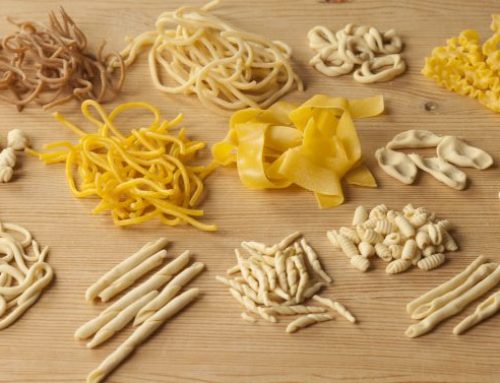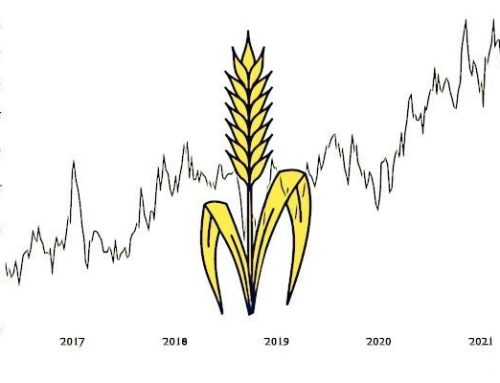
What do you know about a wheat field … Lucio Battisti sang and all of us, at the top of our lungs, repeated this phrase without knowing its true meaning.
To find out more, we wanted to interview Dr. Giovanni Giacone Starrabba, who likes to define himself as a Sicilian farmer, an expert cereal-growing entrepreneur who can tell us and explain better what it means today to manage a wheat field.
Dearest Giovanni, what does it mean to be a farmer today?
The dream of all farmers is to be able to manage their farm peacefully. My company is located in Santa Margherita di Belice where I mainly grow cereals as well as grape must and olive trees. Being a farmer today is, from a certain point of view, a privilege because you are “forced”, for part of the day, to live in contact with nature, but at the same time you also have to deal with the climatic variables ( increasingly extreme weather phenomena), market instability and increasingly invasive bureaucracy.
In such a globalized market, is selling Sicilian wheat an advantage?
The long-awaited (by some) globalization has certainly brought some advantages but certainly damaged products such as Sicilian wheat. Our wheat, in fact, despite having excellent organoleptic qualities and not presenting in most cases toxic residues, is relegated to a secondary position compared to foreign grains, which have high protein values, preferred today by the processing industry. , first of all pasta factories.
What affects the price of Sicilian wheat compared to the foreign one?
A fundamental difference between Sicilian and foreign grains is that which concerns the cost of production, unfortunately to our disadvantage; just think, in fact, of our higher costs for energy, labor and the morphology of the territory compared, for example, to the Canadian plains. In a globalized world, therefore, where the price of wheat is decided at an international level, the only way to adequately remunerate the farmer would be to close the supply chain and, therefore, position our finished products on those market niches today in great growth that tend to absorb more and more natural products processed by hand.
Has the sowing of ancient grains brought a real benefit to both the soil and the economy?
To confirm what has been said, the reintegration into Sicilian agricultural production of the so-called ancient grains wanted to give impetus to an agriculture model that differs and at the same time gives finished products healthy and as natural as possible. Low levels of gluten for the benefit of those suffering from certain types of food intolerances, slow release of starches for a prolonged sense of satiety and, above all, the cultivation of the same without the need for herbicides (in fact, they have a very rapid removal capacity compared to with weeds) and with little use of fertilizers having a more important root system.
What would change in agricultural policies to be able to increase production and, therefore, also the income?
The hope is that products derived from ancient grains will continue to be demanded by the market, so as to be able to give greater impetus to our economy and that agricultural policies will finally be oriented towards Sicilian products (highlighting the intrinsic characteristics) compared to foreign products.
How do you see our agriculture in 20 years?
I believe that in the future there will be more and more a differentiation between genuine artisan products and industrial ones. In fact, consumers are increasingly aware of this. I am therefore cautiously confident for the future.






Leave A Comment